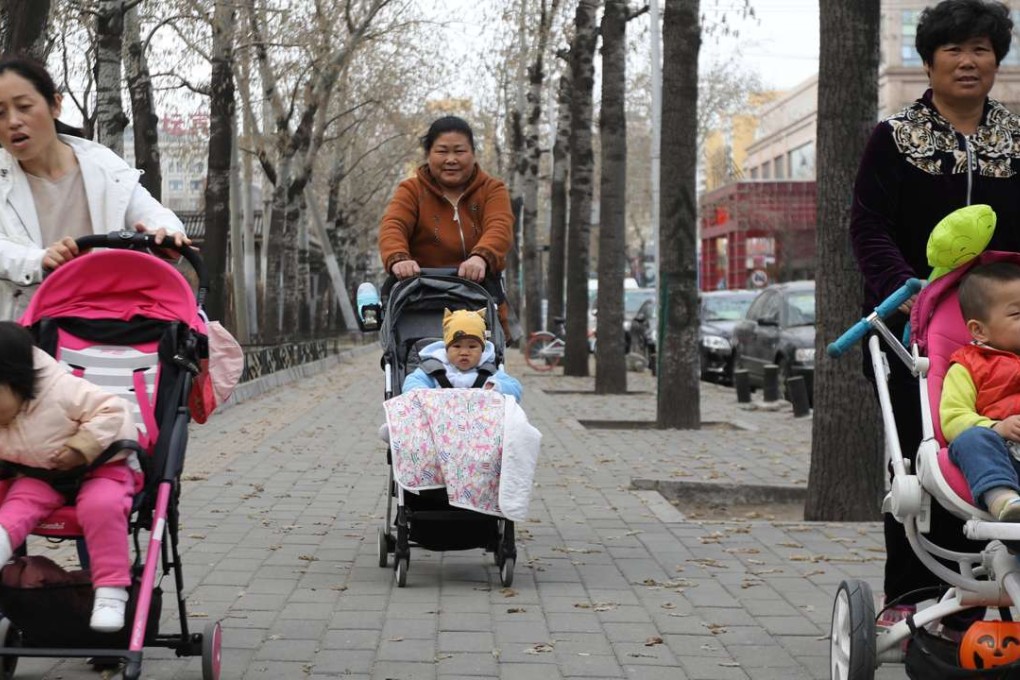China’s baby boom overwhelming smaller cities, lawmaker says
NPC delegate says that outside of main centres, hospitals and kindergartens are struggling to cope

China’s smaller cities have struggled to cope with a baby boom since the nation ended its one-child policy in 2015, demonstrating that it’s too early to further relax the new two-child ceiling.
So says lawmaker Sun Xiaomei, who criticises calls for an immediate easing of the current two-child policy, and says her visits to small cities and towns showed her that already-stretched hospitals, paediatricians and kindergartens are finding it hard to cope with increased births.
In one district in Sichuan province, a vaccination centre Sun visited was so crowded she wasn’t able to enter. In Ulan Hot in Inner Mongolia, a hospital didn’t have mobile beds to move women from the labour ward, and used wooden stretchers instead, she said.
Demographers and others calling for an immediate lift of the two-child rule needed to “go to the smaller cities, go to check out the hospitals”, Sun, a professor at China Women’s University in Beijing, said on the sidelines of the annual National People’s Congress (NPC) meeting last week. “They probably draw conclusions simply from what’s happening in the big cities. Things are not as they have imagined.”
Sun is at odds with an increasing number of academics who say the introduction of a two-child policy is too little, too late to address the nation’s ageing population and shrinking workforce. The working-age population has been declining since 2012, threatening the competitiveness of the export sector as wages rise. The economy’s dynamism is also under threat, as the proportion of young people shrinks.